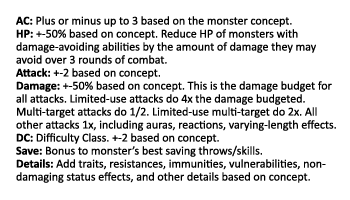I voted "no, but some descriptions of specific settings and their races/monsters cultures are okay." For the mainline books, that's what I would be happy with. HOWEVER:
My demand for 6e: an SRD that is ONLY rules content. Outline the ability stats and proficiency bonus, explain how ability checks, attack rolls and damage, and saving throws work (or whatever their equivalent would be in 6e), a list that is as setting-agnostic as possible. I'm wondering if that SRD should even include character classes or if there should only be advice on how to build your own classes. Maybe if classes in 6e are more modular then a template class could be included in the SRD.
This SRD wouldn't replace a hypothetical PHB+MM+DMG (or a single core rulebook if they make the decision to condense the core system into one book, in which case I would be infinitely grateful). Rather, this would be a designer or homebrewer's resource: a clear outline of how the game system works with as little fluff attached as possible, for use to design one's own settings within the D&D mechanics without being bound by D&D's thematic stereotypes or being confused by any potential ambiguity between crunch and fluff.



